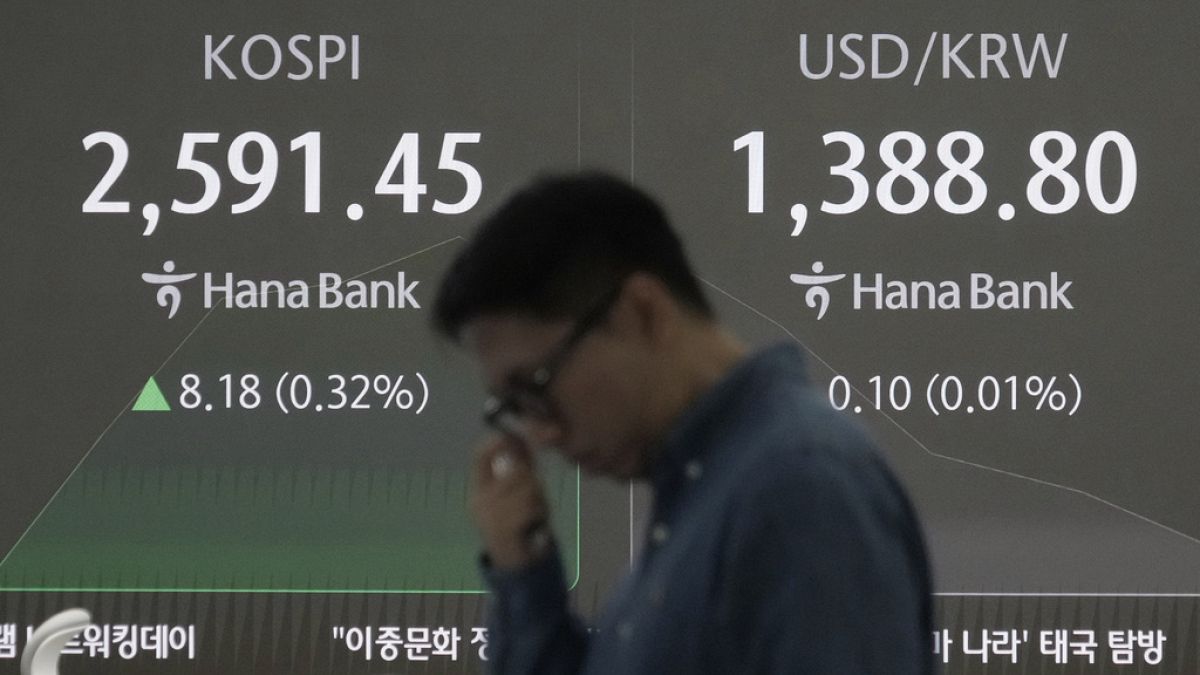Asian shares saw a boost on Monday, with the yen weakening as Japan’s ruling party lost its majority in Parliament’s lower house in weekend elections. The US dollar rose to 153.40 Japanese yen, up from 152.24 yen, benefiting Japan’s giant exporters. The ruling Liberal Democratic Party is still the top party, but the weak yen reflects political uncertainty in the country. The ruling coalition will need a third partner after Sunday’s vote. Despite the political shakeup, Tokyo stocks rose, with the Nikkei 225 surging 2.0%, indicating that the ruling party’s defeat had already been anticipated and priced into the markets.
In the US, stock indexes had a mixed finish last week, with the S&P 500 closing little changed. Company earnings reports continue to be a focus for investors, with most results exceeding analyst forecasts. Treasury yields ended the week higher, reflecting a stronger than expected US economy. The Fed raised its benchmark interest rate to its highest level in two decades as part of efforts to control inflation. Russia also raised its key interest rate to a record-high of 21% to combat inflation following the invasion of Ukraine.
In currency trading, the euro fell to $1.0794 from $1.0803, while the US dollar strengthened against the Japanese yen. This helped boost shares of Japanese exporters like Toyota Motor Corp., Nintendo Co., and Sony Corp. The ruling party in Japan, the Liberal Democratic Party, remains the top party despite losing seats in Parliament. The market’s response to the ruling party’s loss indicates that investors had already priced in this outcome, with Tokyo stocks rising following the election results.
On Wall Street, stock indexes closed mixed last week, with the S&P 500 finishing little changed. Company earnings reports have largely exceeded expectations, driving investor focus. Treasury yields ended the week higher as data showed a strong US economy. The Fed’s efforts to control inflation include raising its benchmark interest rate, with expectations of further cuts to come. These economic developments come against a backdrop of global political uncertainty, including Russia’s record-high interest rate increase to combat inflation.
Energy trading saw a decline in benchmark US crude, which fell to $68.40 a barrel, while Brent crude dropped to $72.57 a barrel. These price movements reflect fluctuations in the energy market, influenced by factors such as geopolitical tensions. The impact of political uncertainty, economic developments, and global events on energy markets highlights the interconnected nature of financial markets. As investors navigate these changing conditions, they must consider both domestic and international factors that can affect their investment decisions.











